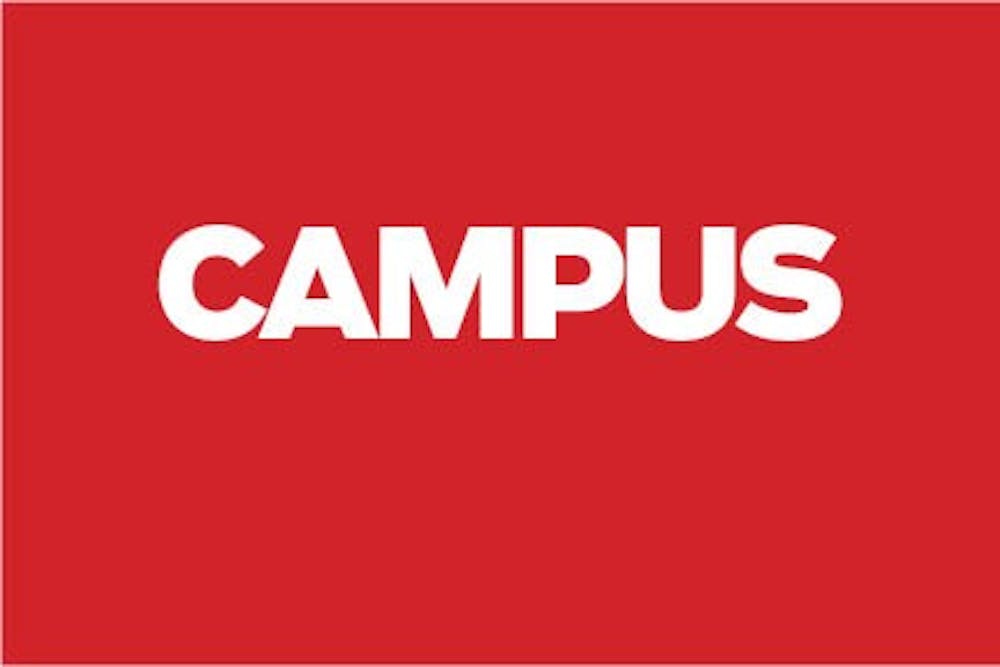People are divided on what college is good for.
The Pew Research Center found 47 percent of the public believe the main purpose of a college education is to teach work-related skills, and 39 percent believe college should help students grow intellectually.
This survey zones in on a central question in higher education today: should a college education provide direct career preparation, or should it use the liberal arts to expand educational horizons?
“There’s a nation-wide discussion. Does college help you get a job with the assumption that that’s what it ought to do?” Spang said.
“It’s a timely issue since the onset of the Great Recession,” history professor Rebecca Spang said. “A lot of people were put out of work, and a lot of people saw the value of their homes drop.”
Spang said people have overlooked the assumption that what you study should directly relate to a future career.
For example, associate professor of philosophy Sandra Shapshay said studying liberal arts teaches people how to think well and how to think outside the box.
She said that type of thinking sets people up for jobs of the future and teaches them how to pivot.
Shapshay said using college to grow intellectually helps students prepare for careers better than a career-focused approach.
Philosophy professor Gary Ebbs said he believes a university shouldn’t impose values on their students. Students should determine the purpose of their education for themselves but would hopefully learn for learning’s sake, Ebbs said.
Shapshay said she believes otherwise.
“The fact of the mater is when you sign on to do an IU degree, the institution does have to institutionalize you in the sense that you follow certain requirements,” she said.
Though students enjoy freedom in what they want to study and do with their lives, Shapshay said the University should have some power in instituting what students learn.
It can institutionalize what all educated people know — including how they value their education, Shapshay said.
“For a lot of students, this is the freest time they’ll ever have in their entire lives,” Shapshay said.
Through this freedom, Shapshay said students can find answers to questions while still doing what prepares them for future careers. She recalled an experience of one of her previous students using philosophy in interpreting a tricky ethical dilemma he faced in his career as a journalist.
This approach to education teaches students to think deliberately through problems with respect to work, Shapshay said.
“Thinking about ethics is valuable in a way that far exceeds just ‘Can I get a job?’ or ‘Can I get a good grade?’ and I’ve had some students tell me this years after they graduate,” Shapshay said.
Examining the history of IU, people can understand more about the value of their education.
IU began to teach students the classics such as philosophy, Greek and Latin in 1820, Spang said. Electives only came around 50 years after it was founded, and majors came after that.
Spang said universities resisted vocational training in the past.
The School of Commerce and Finance, which would become the Kelley School of Business, was not founded in 1920 to give students a shortcut into business or to replace the value of learning for its own sake, Spang said.
Giving the students this opportunity, liberal arts truly liberated students, Spang.
“That was still in the assumption that it was a liberal arts institution where the point of liberal arts is to liberate the mind from ‘mechanical’ concerns,” Spang said.




